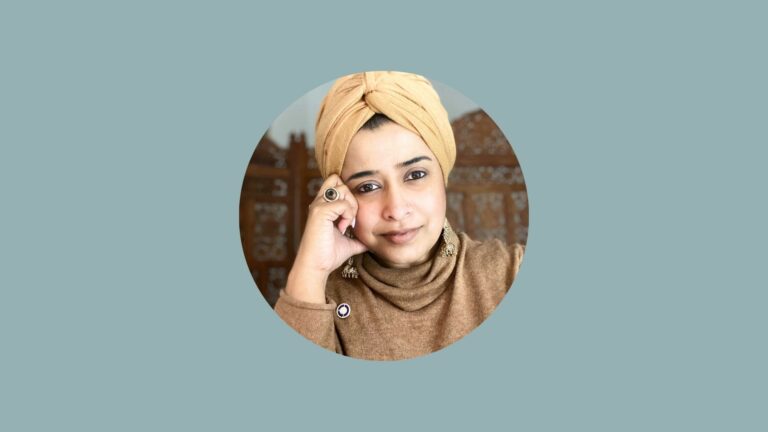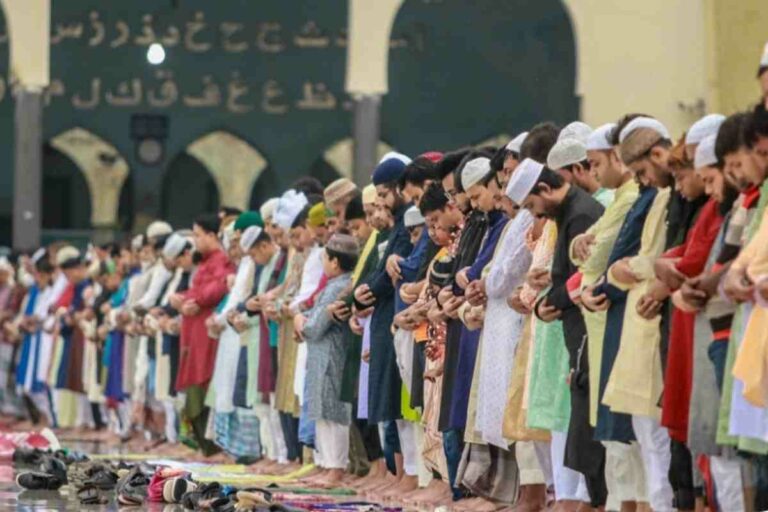
Genocide memorial to stress that “Never Again” also includes Gaza
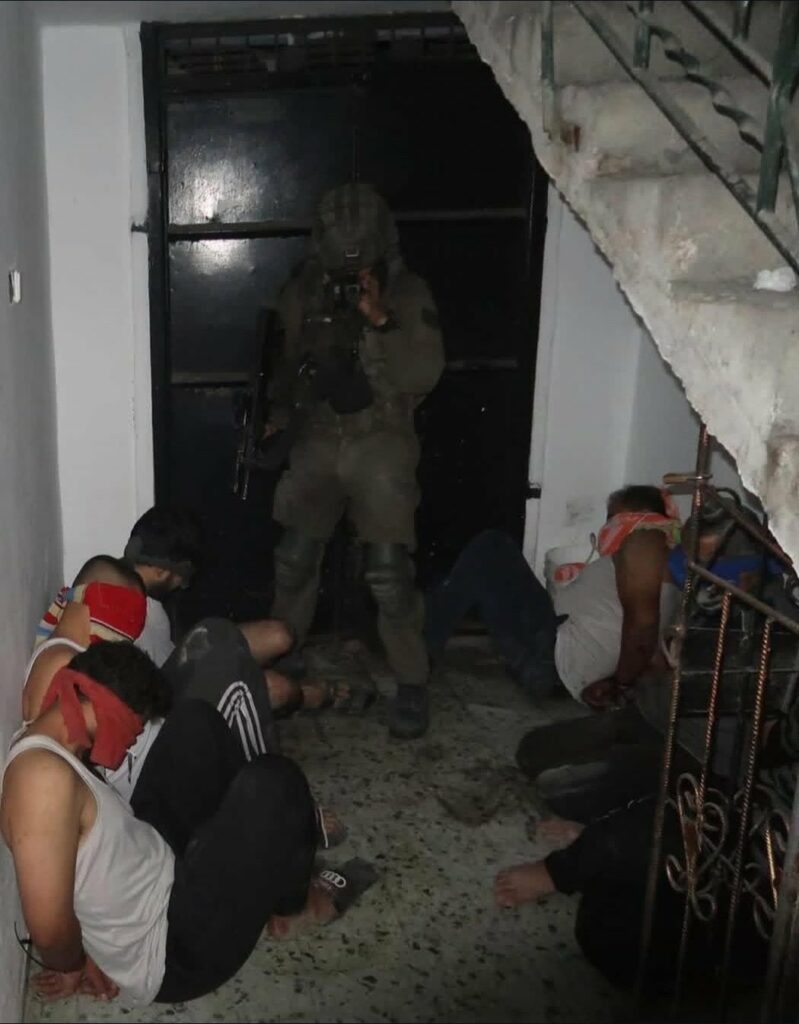
The annual Genocide Memorial Day (GMD) will take place this Sunday, 19 January amid a raging controversy over the official Holocaust Memorial Day Trusts’ rejection of a call to include Gaza in its commemorations this year.
The sixteenth GMD coincides with the beginning of the ceasefire agreement in Gaza which is designed to see a phased withdrawal of occupying Israeli forces from the besieged Gaza Strip.
So far at least 46,000 people have been killed and thousands more injured, many of them maimed for life. 40% of the victims are children and another 30% women. The territory itself has been decimated by relentless Israeli bombardment.
This year’s theme is “Resisting Genocide”. Despite the overwhelming military force, political pressure and legal sanctions being brought to bear on anyone who has dared to challenge this genocide, activists have successfully continued to reist the genocide on multiple fronts.
As the ceasefire takes the conflict into a new phase it is all the more important that the resistance also pivots to ensure that those who perpetrated it are brought to justice and prosecuted for their war crimes.
The International Court of Justice is investigating Israel for genocide while human rights groups and experts have concluded that Israel’s campaign of mass slaughter and destruction meets the legal definition of genocide.
Yet despite this near unanimity of opinion, the Holocaust Memorial Day Trust in the UK has refused a call by IHRC to include Gaza among the genocides it will commemorate in its official event later this January. The refusal underscores one of the reasons that GMD was established, namely to ensure that memorials do not admit any hierarchy of suffering by which some genocides are deemed to be more significant than others. “Never Again” does not and should never mean “Never Again” just for one exceptionalised group.
Genocide Memorial Day not only highlights current and past genocides and genocidal activities, but seeks to stop new ones happening in the future. It was started by IHRC in 2010 to commemorate genocides and to raise awareness about genocide prevention.
In this year’s GMD conference, a distinguished panel of speakers will highlight and dissect the issues surrounding resistance to genocide, particularly as it pertains to the ongoing genocide in Gaza.
They include: Professor Haim Bresheeth, filmmaker, photographer and a film studies scholar, and a Professorial Research Associate at SOAS University of London. His books include the best-selling “Introduction to the Holocaust”.
Dr Ahmed Mofeed Mokhallalati, an eminent plastic surgeon who relocated to Gaza in early 2023 from the UK and assumed the position of Head of Plastic Surgery at Al-Shifa Hospital, the largest medical facility in the region. He has eight months of frontline experience treating patients in the Gaza genocide.
Dr Stephen Sizer, a former priest and expert on Christian Zionism. He is the author of three books, “In the Footsteps of Jesus and the Apostles”, “Christian Zionism: Roadmap to Armageddon” and “Zion’s Christian Soldiers: The Bible, Israel and the Church”.
Dr Ghada Karmi, a distinguished Palestinian-born academic, physician and author. She was born in Jerusalem and was forced into exile with her family as a result of Israel’s creation in 1948. Dr Karmi is the author of a 2002 autobiography, “In Search of Fatima: A Palestinian Story.”
Genocide Memorial Day not only highlights current and past genocides and genocidal activities, but seeks to stop new ones happening in the future. It was started by IHRC in 2010 to commemorate genocides and to raise awareness about genocide prevention.
Keep up to date on the GMD page on our website.
WHEN: Sunday, 19 January 2025
TIME: 3pm-6pm
VENUE: P21 Gallery, 21 Chalton Street, Kings Cross, London NW1 1JD
This is a free event.
The event will be streamed LIVE online on YouTube, and Facebook as well as IHRC.TV
Refreshments will be provided
[ENDS]
For more information or comment please contact the Press Office on (+44) 208 904 0222 or (+44) 7958 522196 or email media@ihrc.org
IHRC is an NGO in Special Consultative Status with the Economic and Social Council of the United Nations.
Islamic Human Rights Commission
PO Box 598
Wembley
HA9 7XH
United Kingdom
Telephone: (+44) 20 8904 4222
Email: info@ihrc.org
Web: www.ihrc.org
Twitter: @ihrc
Help us reach more people and raise more awareness by sharing this page
Featured Campaigns
Trending Posts

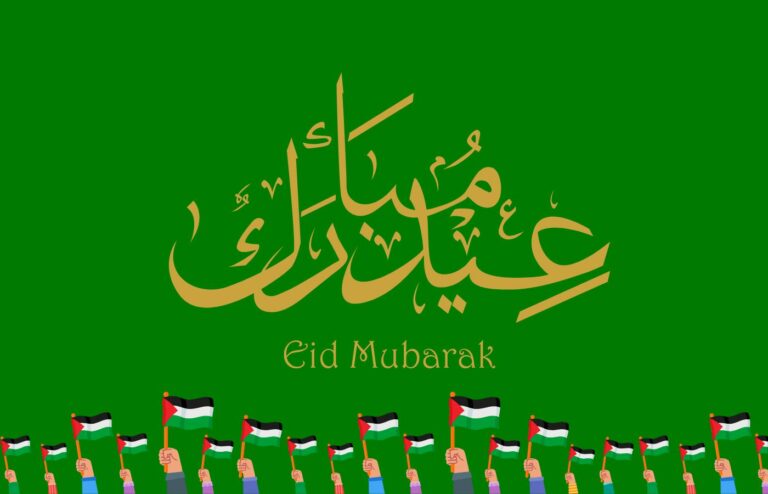
Eid Ul-Fitr Mubarak from the whole IHRC family.
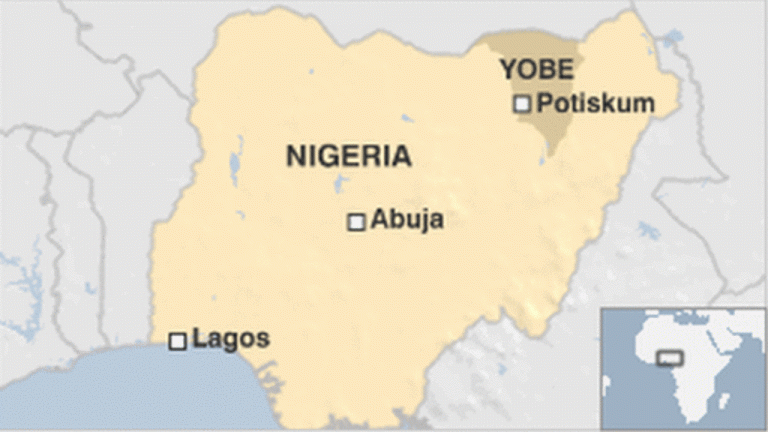
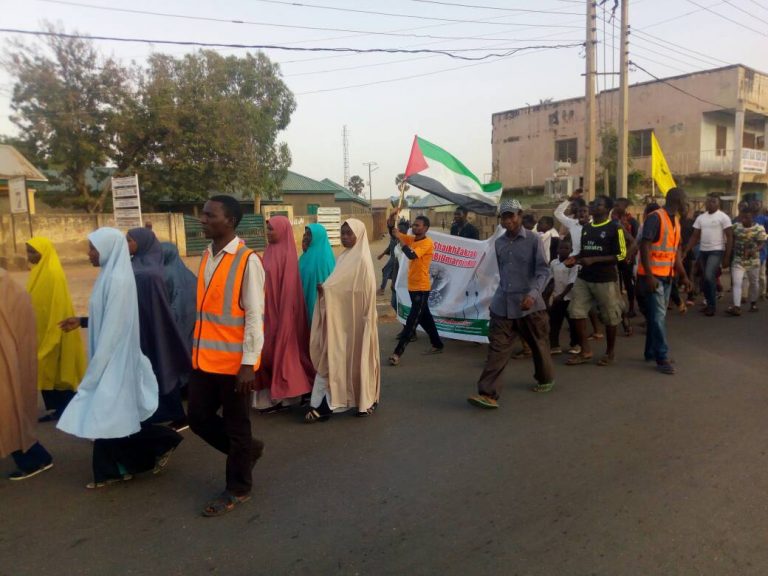
Fears mount ahead of Al-Quds Day demonstrations in Nigeria
